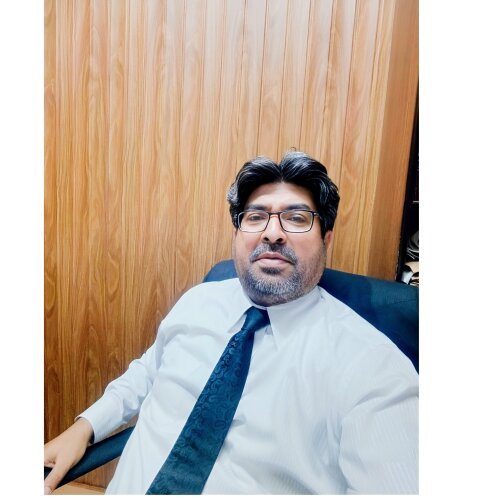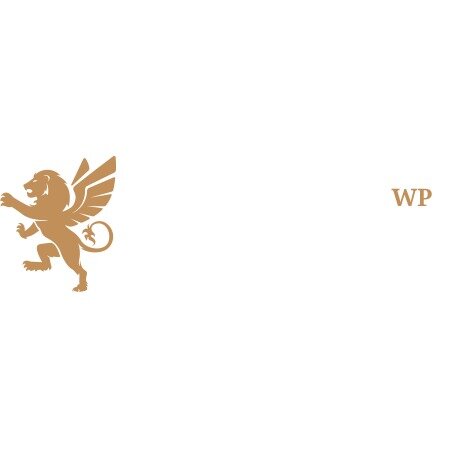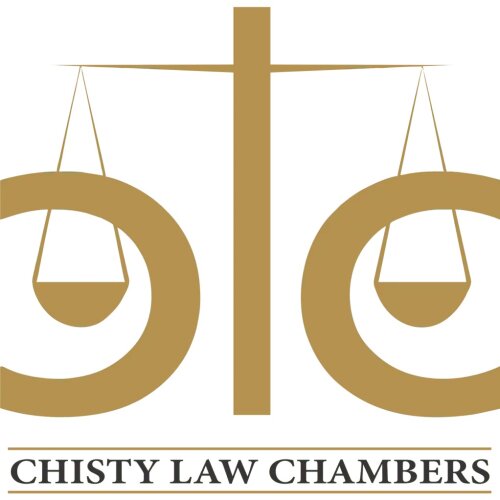Best Child Abuse Lawyers in Faisalabad
Share your needs with us, get contacted by law firms.
Free. Takes 2 min.
Free Guide to Hiring a Family Lawyer
List of the best lawyers in Faisalabad, Pakistan
About Child Abuse Law in Faisalabad, Pakistan
Child abuse is a critical social and legal issue in Faisalabad, Pakistan. The term encompasses a wide range of maltreatment types, including physical, emotional, sexual abuse, and neglect. Pakistan's legal system prohibits child abuse and provides certain measures to protect children's rights, mainly under the umbrella of the "Punjab Destitute and Neglected Children Act 2004" and sections of the "Pakistan Penal Code". These laws are intended to prevent abuse, punish offenders, and protect the welfare of the child.
Why You May Need a Lawyer
Legal advice in cases of child abuse is crucial due to the complexity and sensitivity of such matters. People may require the services of a lawyer when:
- Reporting suspected child abuse and needing guidance through the legal process.
- Facing false accusations of child abuse and requiring defense.
- Seeking custody or protection orders in domestic violence situations.
- Needing to understand the rights of the child and the parents or guardians under local laws.
Local Laws Overview
The key aspects of local laws that are relevant to Child Abuse in Faisalabad include the criminalization of various forms of abuse and the establishment of child protection institutions. The laws provide definitions of what constitutes abuse and prescribe punishments for different forms such as physical harm, sexual abuse, emotional abuse, and neglect. The Punjab Destitute and Neglected Children Act 2004 also establishes the procedures for handling such cases, protective measures for children, and the formation of Child Protection and Welfare Bureaus.
Frequently Asked Questions
What constitutes child abuse under Pakistani law?
Child abuse in Pakistan includes physical, psychological, and emotional maltreatment, as well as sexual abuse and neglect. Any harm that jeopardizes the child's health, survival, dignity, or development is considered abuse.
How do I report child abuse in Faisalabad?
Child abuse can be reported to local police stations, child protection offices, or the Child Protection and Welfare Bureau. It's essential to provide as much information as possible when making a report.
Are there specific police units for child abuse cases in Faisalabad?
Yes, the Child Protection and Welfare Bureau works alongside law enforcement in Punjab to address child abuse cases effective and sensitively.
Is corporal punishment banned in schools in Faisalabad?
Corporal punishment is legally banned in schools across Punjab, including Faisalabad, and can be considered a form of child abuse.
What legal protections are provided for children against abuse?
Children are provided legal protections under various national and provincial laws, which include measures for prevention, reporting mechanisms, rehabilitation, and actions against offenders. Punjab Child Protection and Welfare Bureau is a pivotal institution in this regard.
Can offenders of child abuse face jail time?
Yes, offenders can face jail time along with fines, depending on the severity and nature of the abuse committed, as outlined in Pakistan Penal Code and the Punjab Destitute and Neglected Children Act 2004.
What support services are available for victims of child abuse?
Victims of child abuse can receive support from the government through Child Protection and Welfare Bureau, along with various NGOs that offer counseling, legal aid, and shelter.
How confidential is the reporting process?
The reporting process is designed to protect the identity of the victim and the reporter to encourage the reporting of abuse and to ensure the victim's safety.
What should I do if I suspect a child is being abused?
If you suspect a child is being abused, you should report your concerns to the police or the Child Protection and Welfare Bureau immediately for the safety of the child.
Does Pakistan have a child protection policy?
Pakistan has a number of laws and policies aimed at protecting children, including the National Child Protection Policy that outlines a national framework for the protection of children's rights and well-being.
Additional Resources
Several resources, governmental bodies, and organizations related to Child Abuse in Faisalabad that can provide help and legal advice include:
- Child Protection and Welfare Bureau (CPWB)
- Sahil - an NGO working against child abuse
- Madadgaar National Helpline
Next Steps
If you are in need of legal assistance related to a case of child abuse in Faisalabad, the recommended next steps are:
- Contact the Child Protection and Welfare Bureau or a local NGO specializing in child rights for immediate support.
- Consult a lawyer who specializes in child protection laws to understand your case and take the proper legal course of action.
- Prepare all relevant documents and any evidence you might have to support the case during legal proceedings.
- Maintain confidentiality and the best interest of the child throughout the legal process.
Lawzana helps you find the best lawyers and law firms in Faisalabad through a curated and pre-screened list of qualified legal professionals. Our platform offers rankings and detailed profiles of attorneys and law firms, allowing you to compare based on practice areas, including Child Abuse, experience, and client feedback.
Each profile includes a description of the firm's areas of practice, client reviews, team members and partners, year of establishment, spoken languages, office locations, contact information, social media presence, and any published articles or resources. Most firms on our platform speak English and are experienced in both local and international legal matters.
Get a quote from top-rated law firms in Faisalabad, Pakistan — quickly, securely, and without unnecessary hassle.
Disclaimer:
The information provided on this page is for general informational purposes only and does not constitute legal advice. While we strive to ensure the accuracy and relevance of the content, legal information may change over time, and interpretations of the law can vary. You should always consult with a qualified legal professional for advice specific to your situation.
We disclaim all liability for actions taken or not taken based on the content of this page. If you believe any information is incorrect or outdated, please contact us, and we will review and update it where appropriate.













